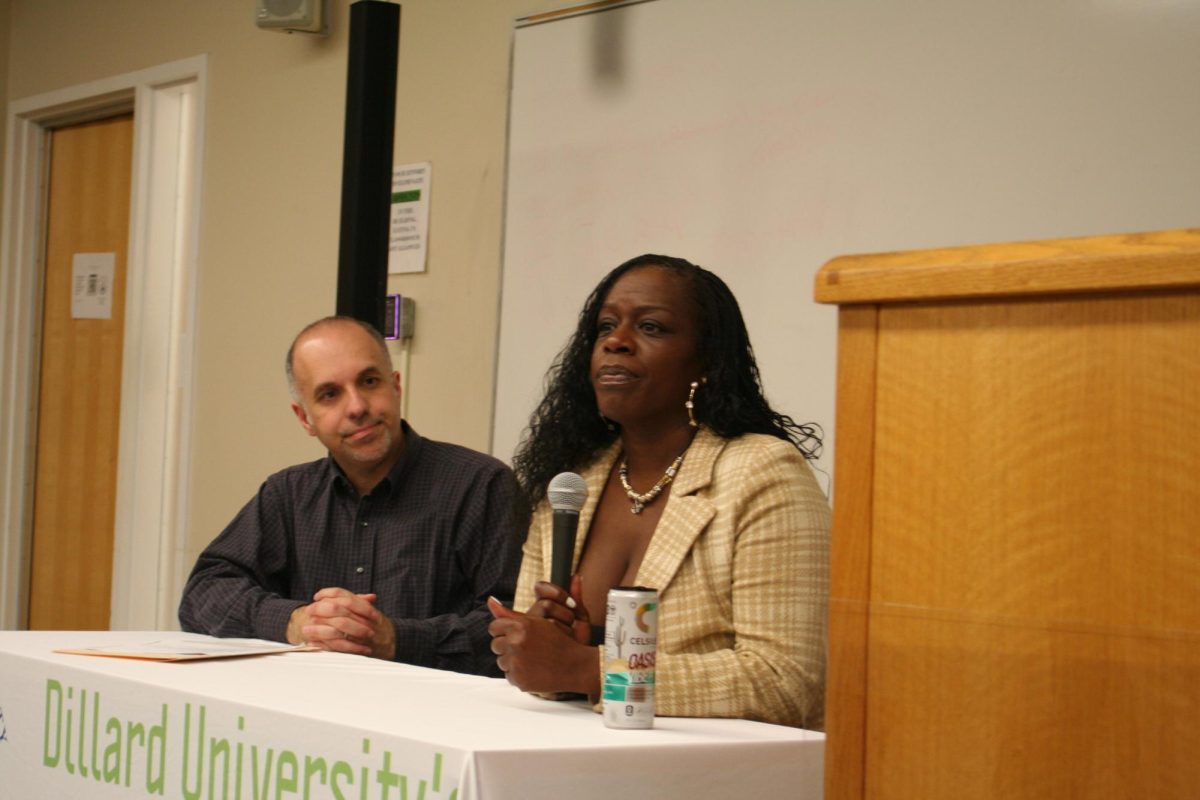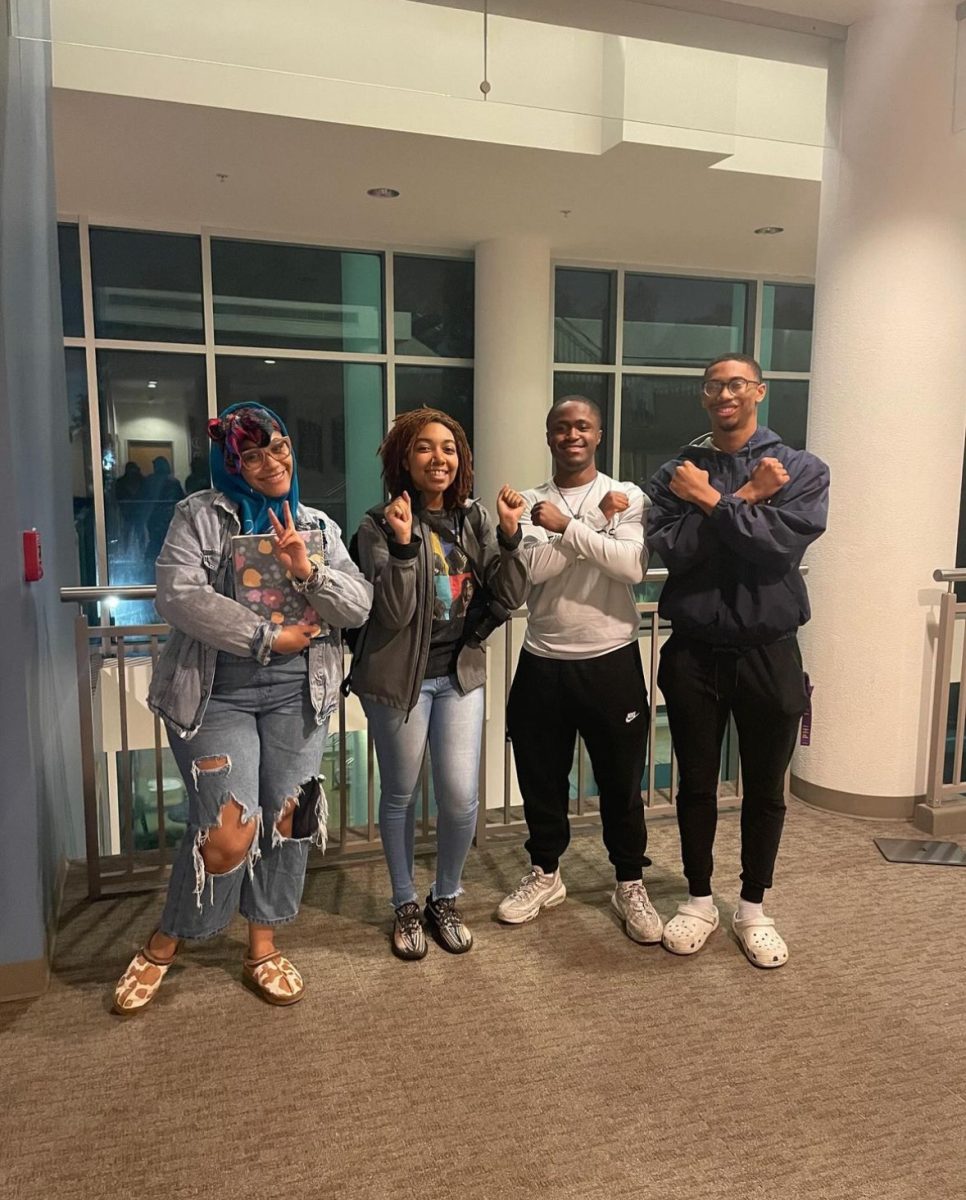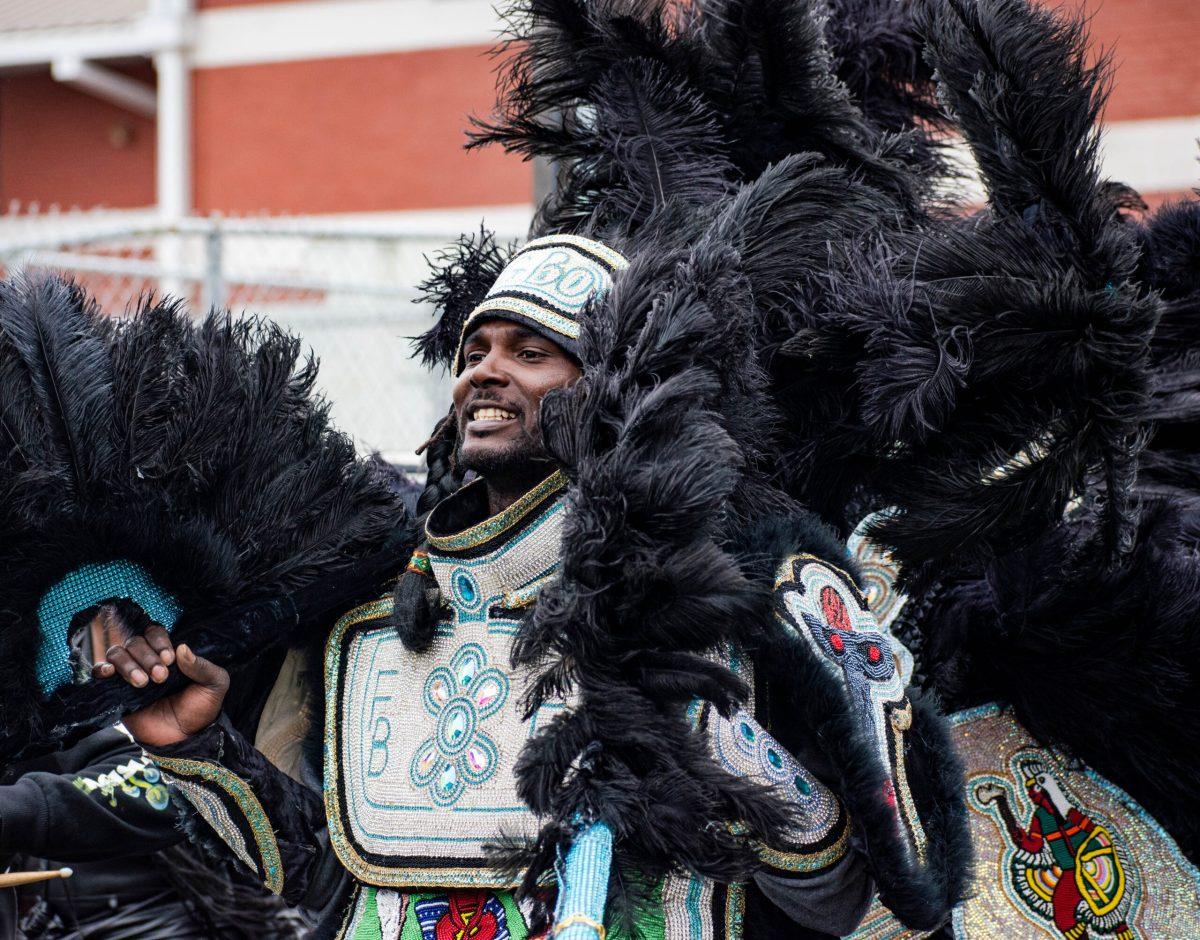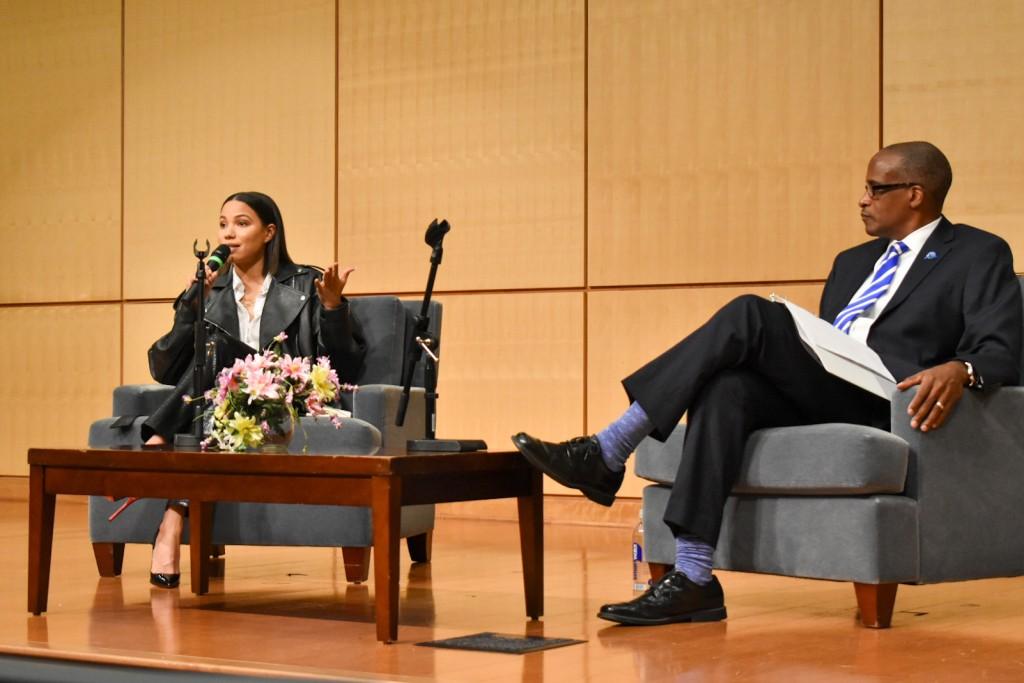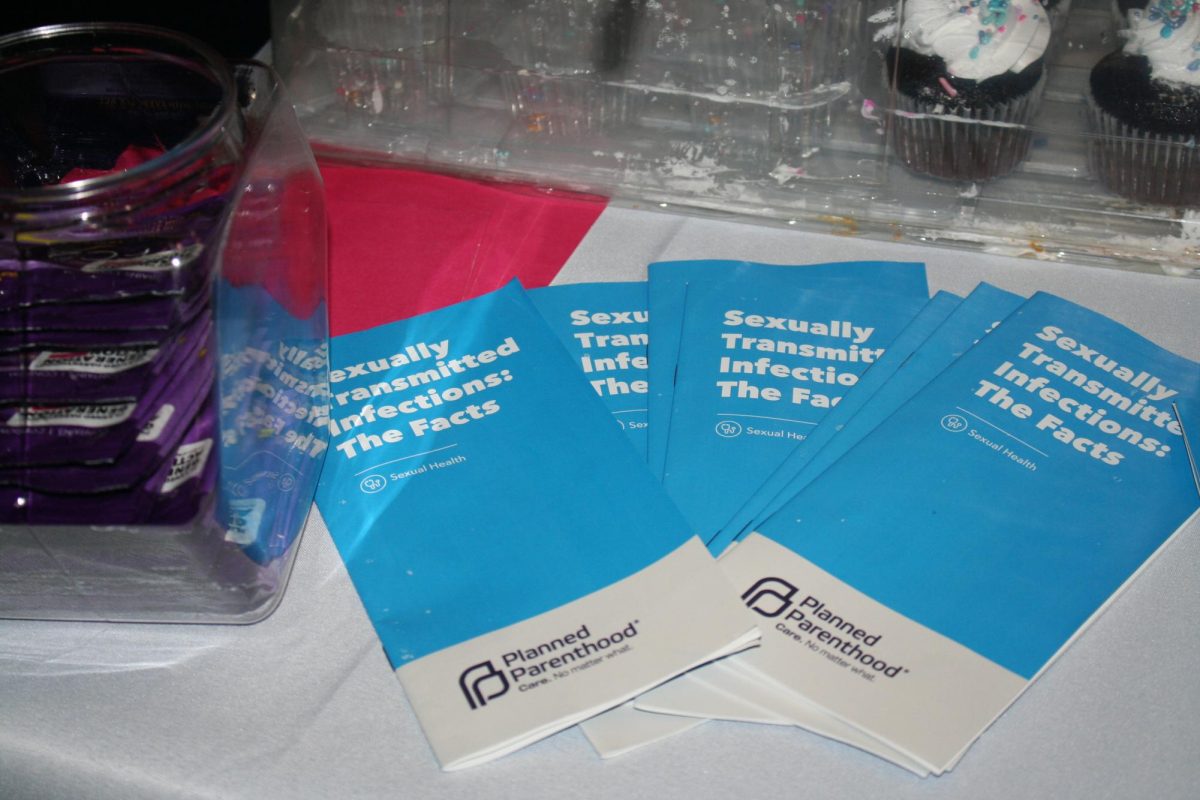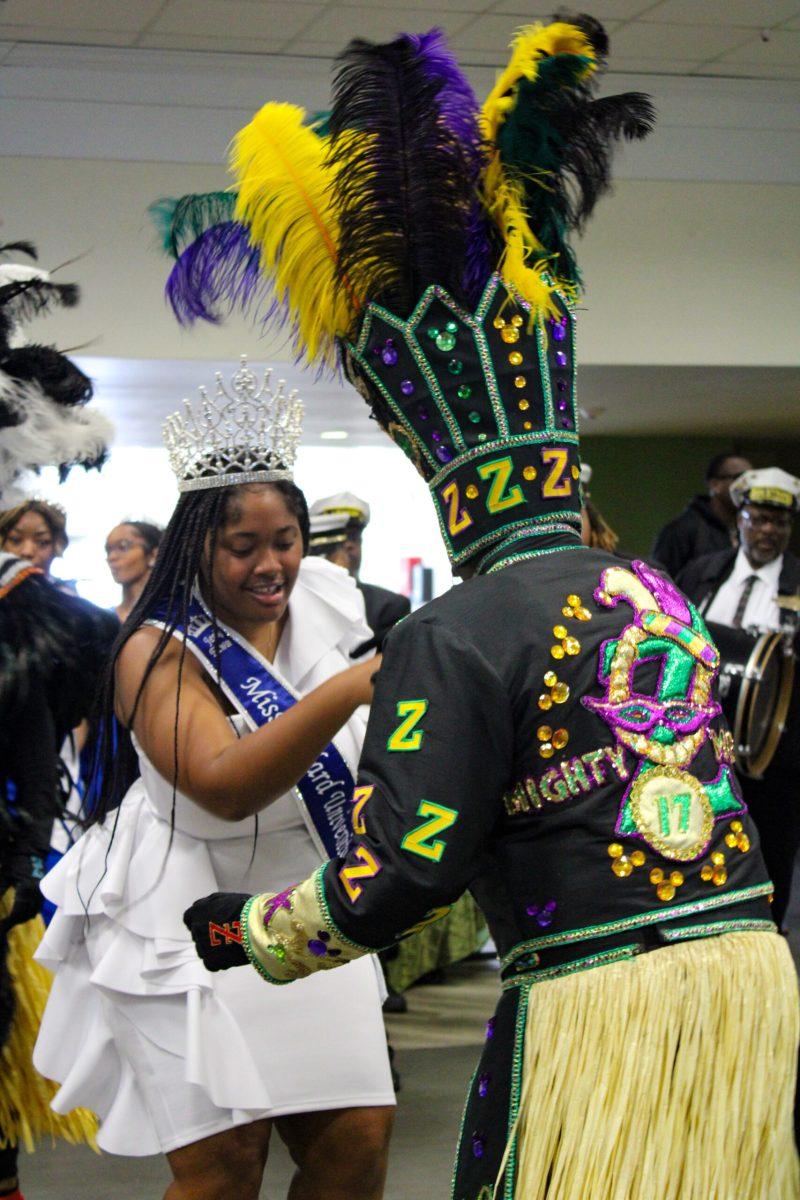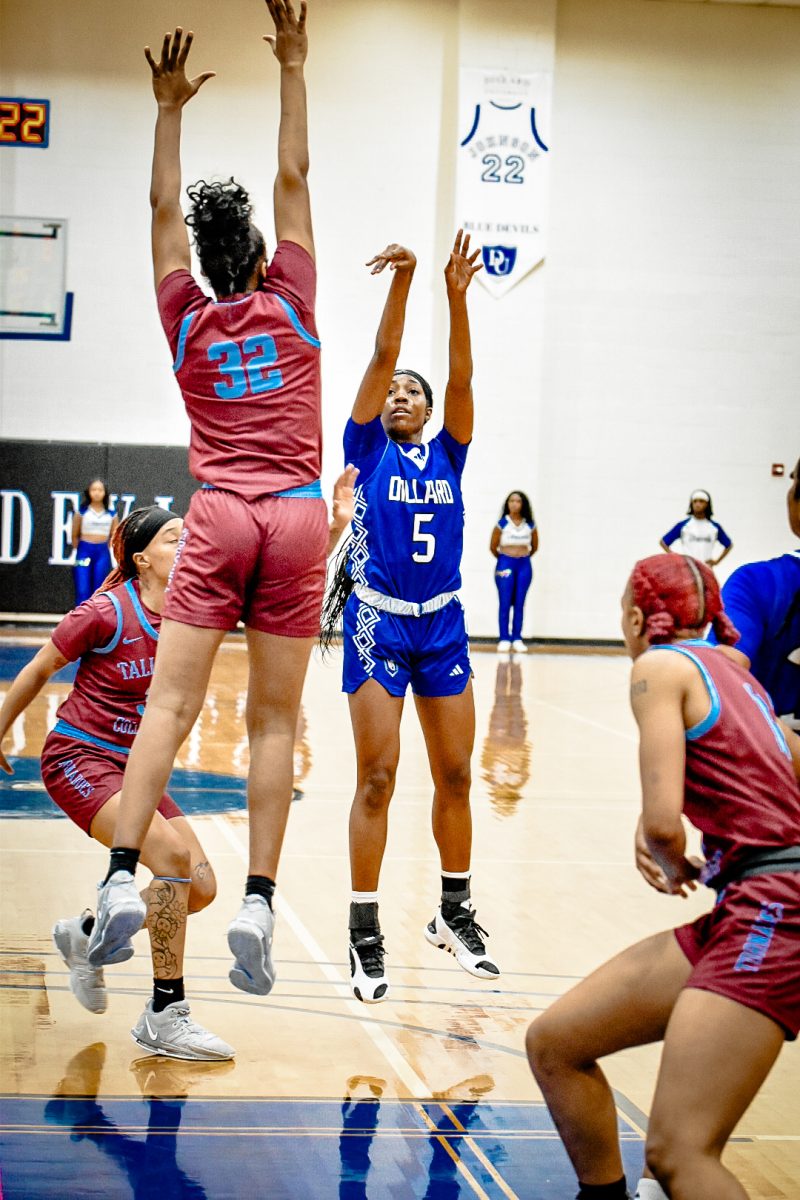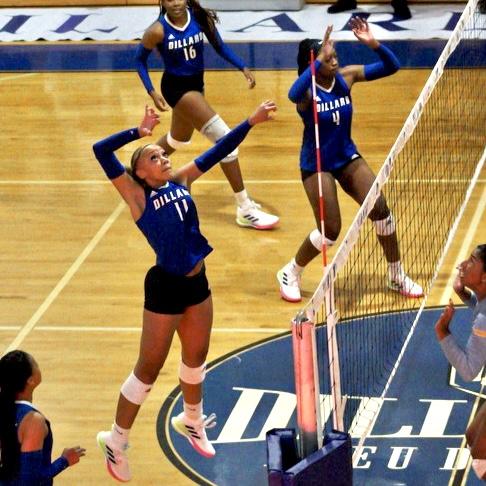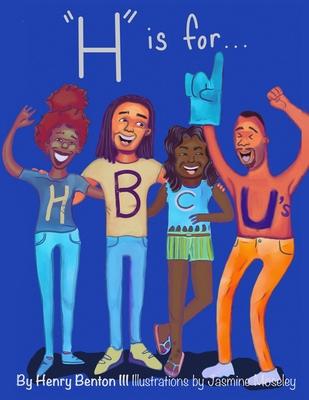It is a Republican White House. A Republican sea of red now colors the House of Representatives, the Senate and now the Oval Office as President George W. Bush clinched a nail biting close-call re-election after Sen. John Kerry conceded defeat around 11 a.m. on Nov. 3.
Kerry’s aides said in a CNN report that the senator did not want to further an "exhaustive fight" to count every last vote in Ohio – the showdown state- that Kerry said would have "further divided this country."
By Nov. 3, Bush led the popular vote by 3.7 million voters and carried 28 states with 254 Electoral College votes according to CNN reports. At that time, Kerry had a projected 252 Electoral College votes. Ohio carries 20 Electoral College votes, with a history of counting close to 90 percent of its provisional ballots that could have swayed the election to Kerry.
Sen. John Edwards, Kerry’s running mate, quoted in a CNN report, said, "We will fight for every vote. You deserve no less." But by that time, polls were showing that Bush held 136,000 votes ahead of Sen. Kerry before any absentee or provisional votes were counted. That count is reported to take up to 11 days to be tallied and the impact of those votes is still yet to be factored by analysts.
"Kerry has an army and more than a battalion of experts to make a legal judgment, its up to him to make a political judgment," said Dr. Gary Clark, the chair of political science at Dillard University.
"If the legal judgment says statistically it is not possible the political judgment follows," Clark said.
Kerry’s concession was in the best interest of the party, Clark said, if the party is to live to fight another day.
"If the legal analysis says it’s a futile attempt you don’t want to exhaust your troops. For politics, we see this as the end; this is just the beginning of the next stage. The next stage is just as important," Clark said.
"Kerry would have been seen as a sore looser," said Dillard professor Katsumi Sohma, who teaches American National Government and Foreign Policy courses.
"He probably thought it was better to gracefully concede than to be described like that and polarize the nation and have a negative effect on the society and his career," Sohma said.
Figures tabulated on Nov. 3 by The Associated Press showed that 114.3 million people had voted with 99 percent of precincts reporting. On Election Day, 120 million people cast ballots, including 5.5 million to 6 million absentee and provisional ballots, which are yet to be counted according to Curtis Gans, director of the nonpartisan Committee for the Study of the American Electorate.
The 120 million figure represents just under 60 percent of eligible voters – the highest turnout since 1968, Gans reportedly said.
Bush’s win of the popular vote, Sohma said, now gives him the confidence that he has the support of the American people behind him. Bush has now been given four more years and the opportunity to appoint up to four more Supreme Court justices. The ramifications of this mandate for Bush, she said, means that he can continue his agenda in Iraq and the War on Terror and like other Republican presidents in the past shape a more conservative Supreme Court by his appointments.
New voters and young voters, according to Sohma, were crucial in the election, but Clark said that swing voters decided the election. Although the economy and other national issues were in play, Clark said the defining factor for swing voters was on how this individual handled terrorism.
"It was who they trusted more on the issue of terror and security. It was not just a vote about how good Bush was, there was the affable quality and trust quality that vote had among the swing voters," Clark said. "They wanted a person with a definitive view or a decision or strong stand."
Sohma also pointed out that historically, in wartime period, no president lost reelection. "The fact that the country is in war kind of rallied the country behind the president," Sohmo said.
But the division of the country still remains a concern for both Kerry and now a reelected President Bush.
Both Bush and his aides reportedly made calls to the Kerry camp to commend him on his desire to see the nation move forward after the marked polarization from the elections.
"It’s still not an overwhelming majority and its now a divided America," Clark said. "Bush ran on the right and he has to follow the Ronald Reagan attitude; you campaign on the right and now you have to govern in the center," he said.
Clark said that like Reagan, who was able to appeal to both parties, Bush is going to have to move to the center to govern properly. Clark said that the president may have to consider rearranging his cabinet and appoint Democrats or moderate Republicans to balance his administration.
Sohmo said the Democratic Party must now regroup, as it never truly captured the mobilizing power the Republican Party carried during the campaign. With significant losses in the Senate race – particularly that of Senate minority leader Tom Daschle formerly D-S.D – and in the House races, Sohmo said the party must now return to the drawing board to revisit its organizational structure.
For many voters, particularly on campus, the mood remained somber as many students voiced outrage over Kerry’s early concession and sighed, "I told you so."
"It would have been interesting to see what would have happened if he challenged every vote," said Cortez Watkins, junior class president from Memphis, Tenn.
Watkins said he expected the election to be close, but was hoping Kerry would have held out.
"I would have liked to have seen a fresh start for America. All we have now is to rest the fate of the country, in these crucial times, in the hands of President Bush," Watkins said.

